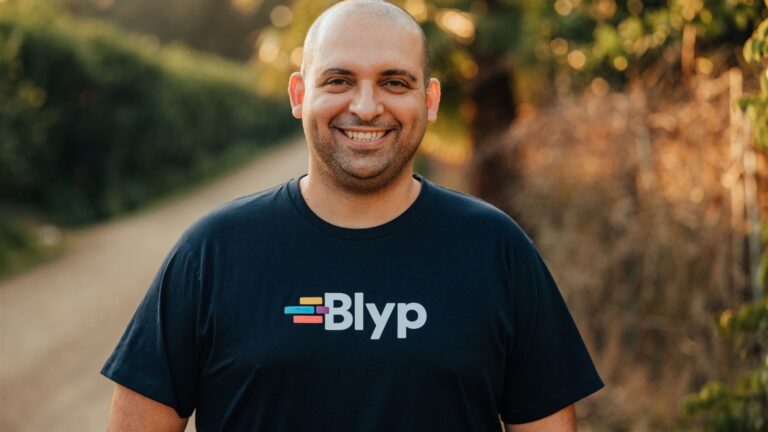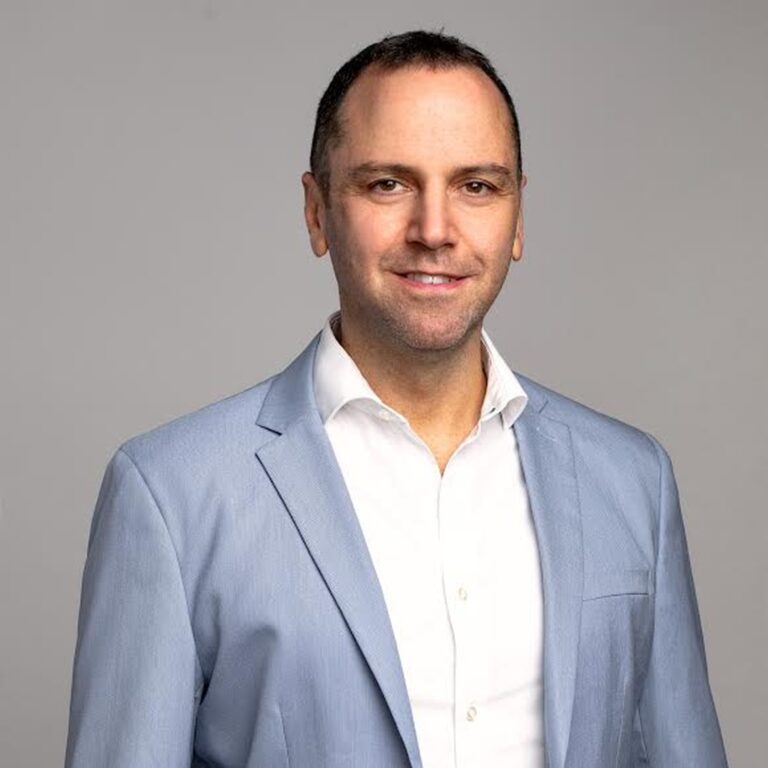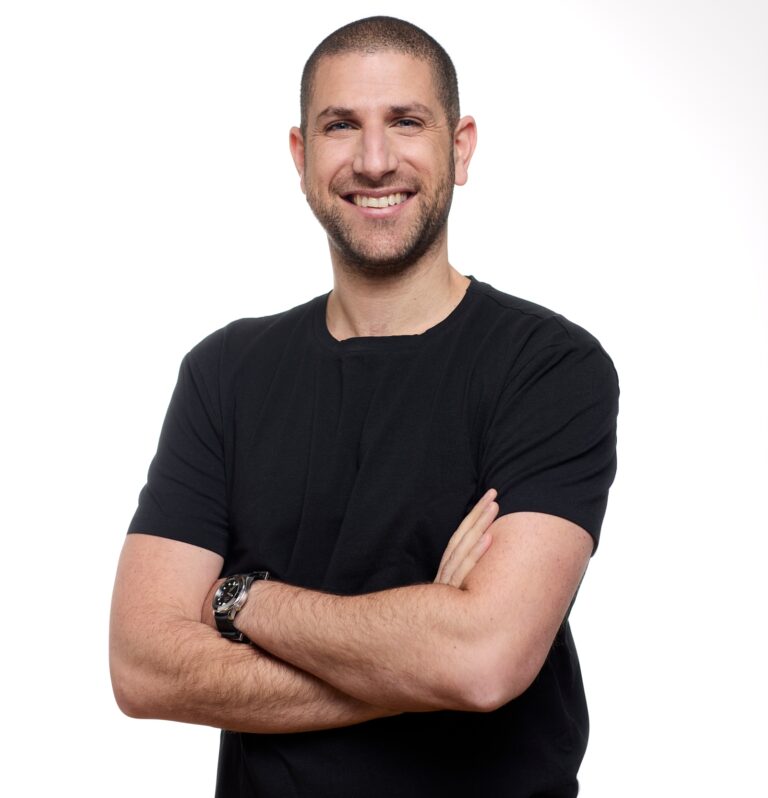The recent eighth annual IAC (Israeli American Council) Summit in Austin, Texas, presented an opportunity to connect with Israeli-American technology leaders and hear their predictions on the tech trends that will define 2023 and how Israel will play a role on the global stage.
Some of the notable speakers at this networking event included Adam Neumann, founder of Flow; Adam Singolda, CEO of Taboola; Uri Levine of Waze fame; and well-known YouTuber and influencer Nas Daily.
Israeli thought leaders such as behavioral economist Dan Ariely and neuroscientist Moran Cerf also inspired the attendees with their talks.
Notable panels included “Driving Israeli Innovation into the US – The Entrepreneurs” with Adam Singolda, OpenWeb’s Nadav Shoval and Pluri Biotech’s Yaky Yanay; and “The Art and Science of Pivots and Product Market Fit” with Innovation Endeavors’ Amir Shevat and Gil Eyal from Inspire Your Day (Silverstein Properties).
Top trends of 2023
Several speakers agreed that generative AI is the top trend that will revolutionize many industries.
This fast-growing technology is used to create written, audio and video content – and much more, such as code, voices and architectural plans — without human input.
“Generative AI and data-driven application growth will be at the top of the list in 2023 as companies like Fivetran and Snowflake continue to build global cloud infrastructure, increasing collaboration between data & business teams,” said Matan Elmalam, CEO of Blyp, an AI-driven data analytics platform for e-commerce companies.

LinkedIn Chief Product Officer Tomer Cohen told ISRAEL21c that the continued evolution of AI, especially generative AI and automation, “will require upskilling and reskilling for many professionals and economies worldwide.”
Cohen also believes we will see continued focus and development around data privacy and security.
“Regulators will continue to push for change in business practices, and organizations will need to be transparent and accountable with how they use data,” he said.
“With regard to sustainability, I believe we’ll see a material impact from climate initiatives with potential breakthroughs in nuclear energy,” Cohen added.
“Finally, advances in healthcare technology could facilitate discoveries in longer lifespans and better healthspan, improving overall quality of life.”

Guy Franklin, founder and CEO of Israeli Mapped in NY, an interactive platform connecting Israeli startups in New York City to the local ecosystem, pinpointed the supply chain crisis as a critical problem to solve due to the ongoing war between Russia and Ukraine.

“This is one of the reasons I think that sustainability and meeting the United Nations Sustainable Development Goals will be a main trend in 2023 with an increasing number of startups which focus on supply chain, sustainability, agriculture-tech and climate,” Franklin said.
“Some of the solutions are trying to produce more from the same number of resources – such as fruits or vegetables — or to preserve the population of different species.”
In wrapping up the thought leaders’ predictions, generative AI and sustainable development goal-focused tech solutions look to be the trends that will define 2023.
And LinkedIn’s Cohen believes “Israel is at the forefront of some of these trends.”
The Startup Nation’s role
“Israeli startups and businesses are known for their innovation in artificial intelligence to cybersecurity. This puts Israel in a position to co-lead when it comes to technological advancements shaping automation, data privacy, and security,” Cohen said.
“In addition, Israel has a growing sustainability sector, with startups dedicated to finding solutions in areas such as renewable energy and water conservation.”
Franklin said that the evolution in the climate-tech field in Israel is not only from the startups side, but also from VCs and other initiatives.
“There are a number of funds and initiatives dedicated to this vertical, such as Firstime Ventures and the PLANETech initiative which is building the Israeli climate technologies market, and providing business and investment opportunities as well as knowledge and measurement tools for startups, investors, and more.”

Amir Elichai, founder and CEO of Carbyne, a pioneer in mission-critical contact center solutions and one of the largest data providers for emergency response centers, said the company’s sustainable competitive advantage is its technology.
“The ability to deliver emergency calls at almost 100 percent uptime with advanced ancillary capabilities is a complex and high-risk endeavor,” Elichai said.
“Some of the world’s leading contact center providers were either unable or unwilling to deliver cloud-native contact center solutions, given the complexity of meeting stringent SLAs [service-level agreements] and the liability of failure,” he explained.
“The talent we found in Israel was crucial in developing and delivering our technology. The out-of-the-box thinking required to deliver a fully cloud-native 911 contact center solution, which many veterans of the industry did not think would be possible, can be attributed to the unique Israeli way of thinking, which views overcoming serious challenges and risk of failure as necessary steps in achieving success.”
Jonathan “Yoni” Frenkel is a content strategist and founder of YKC Media, a digital marketing agency that works with the global tech/venture/startup community.
















